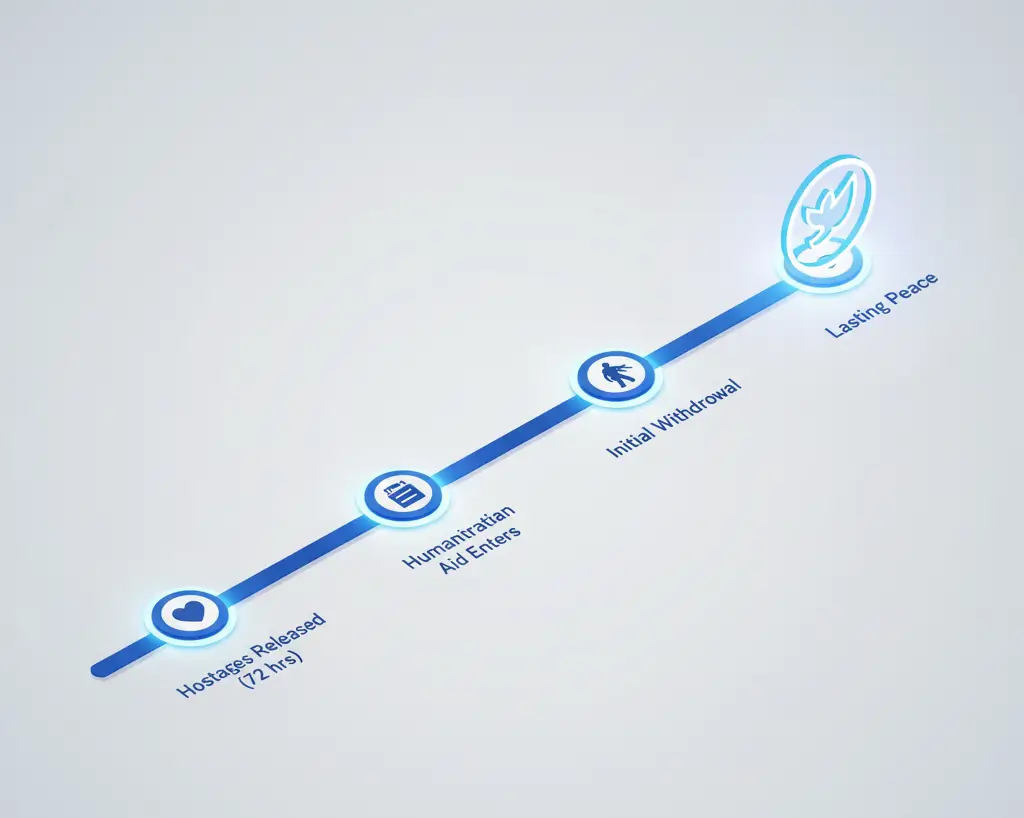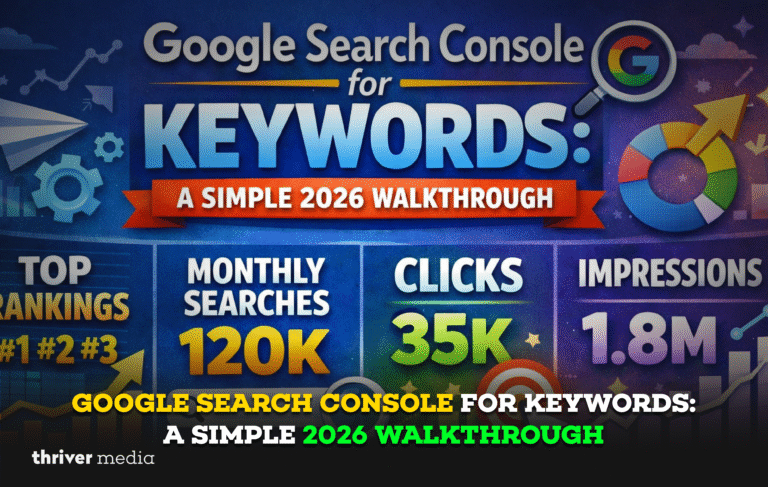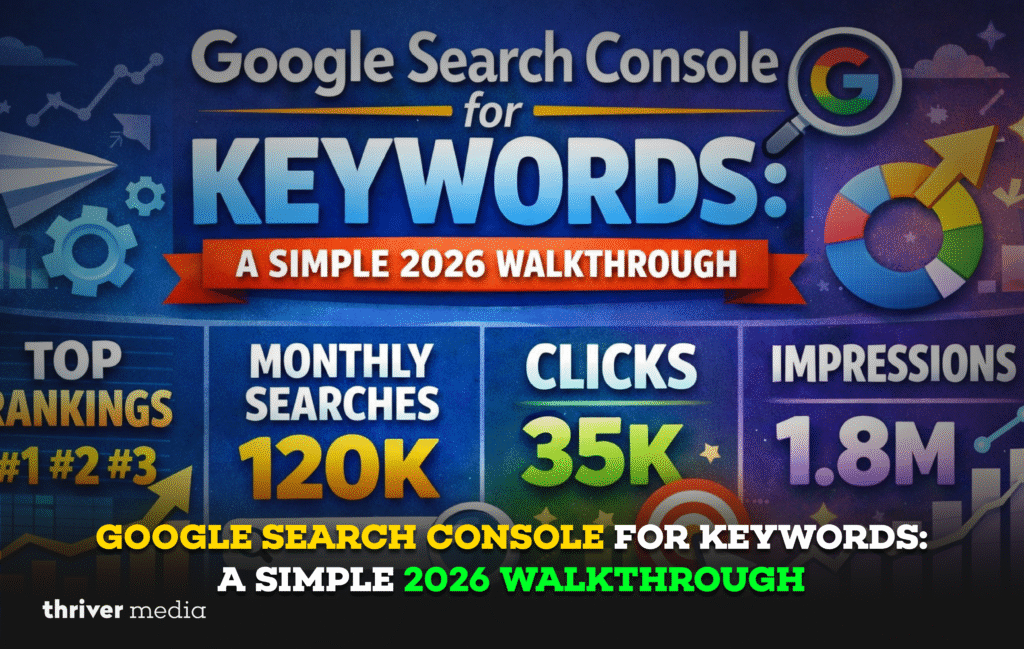President Trump announced a breakthrough deal with hostage releases, Israeli withdrawal, and prisoner exchange to help end the two-year conflict.
A potential end to the two-year battle was hinted at when Israel and Hamas agreed to the first part of a ceasefire accord in Gaza in a significant diplomatic move. On Truth Social, President Donald Trump declared the agreement to be “a GREAT Day for the Arab and Muslim world, Israel, and the United States.”
Gaza Ceasefire Agreement: Key Terms and Implementation Timeline
The landmark Gaza ceasefire agreement includes several key provisions that address the most critical issues in the conflict:

Immediate Actions:
- Release of all Israeli hostages held in Gaza within 72 hours
- Exchange of Palestinian prisoners from Israeli jails
- Immediate restoration of humanitarian aid to Gaza
- Initial Israeli military withdrawal from specified areas
Broader Framework:
- Complete end to the war on Gaza
- Full withdrawal of Israeli forces from the territory
- Amnesty for Hamas members who agree to disarm
- Technical details to be finalized in subsequent phases
Qatar’s Foreign Ministry spokesperson Majed al-Ansari said both sides agreed on the first phase of the Gaza ceasefire, including ending the war, releasing hostages and prisoners, and allowing aid to enter.
Next Steps in Gaza Ceasefire: Political Approval Process Explained
The agreement now faces crucial political hurdles before implementation can begin:
Israeli Approval:
Prime Minister Benjamin Netanyahu has called a government meeting to approve the deal, calling it ‘a great day for Israel.’ The Israeli security cabinet will review the accord before the full government votes on it. Netanyahu’s office said the agreement will take effect only after cabinet approval.
Hamas Commitment:
Hamas confirmed the deal in a public statement outlining an end to the Gaza war, Israeli withdrawal, aid entry, and a prisoner exchange. In accordance with the established standards, the group has already sent Israel lists of Palestinian inmates.
President Trump said hostage releases will likely start on Monday, though they could happen sooner, according to senior White House officials.
International Reaction and Support
The breakthrough received widespread international support from global leaders and organizations:
European Leaders:
Ursula von der Leyen, president of the European Commission, praised the agreement and promised EU assistance for reconstruction and humanitarian relief. The agreement’s parameters must be strictly adhered to, according to French President Emmanuel Macron, while German Chancellor Friedrich Merz said it offers “new hope for the hostages and their families, for the people in Gaza, and for the entire region.”
United Nations:
UN Secretary-General António Guterres praised the diplomatic efforts and pledged UN support for implementation, stating, “The stakes have never been higher.”
World Health Organization:
WHO chief Tedros Adhanom Ghebreyesus welcomed the agreement, noting that “the best medicine is peace” and emphasizing the catastrophic condition of Gaza’s health system after two years of conflict.
Real-Time Voices: On-the-Ground Reactions from Gaza and Israel
The announcement triggered dramatically different but equally emotional responses across the region:
In Gaza:
Palestinians celebrated by releasing fireworks and waving flags in the streets. Beneath the celebration, though, many voiced caution stemming from earlier ceasefire failures and worries that Israel may relaunch military operations under false pretenses of security.
In Israel:
As word spread, captive families flocked to the captive Square in Tel Aviv, where tearful scenes played out. Former captive Omer Shem Tov expressed mixed emotions, saying, “You feel both happiness and pressure because it’s not real until you’ve hugged your mother again.”
FAQs
The agreement includes hostage releases, prisoner exchanges, Israeli withdrawal, humanitarian aid restoration, and a framework for ending the war.
President Trump said hostages are likely to be released on Monday, within 72 hours of the agreement taking effect.
This represents the first phase toward ending the conflict, but previous ceasefires have collapsed, so implementation will be crucial.
The US, along with Qatar, Egypt, and Turkey, mediated the negotiations, with President Trump announcing the breakthrough.
Both sides have shown cautious optimism, with celebrations in Gaza and emotional gatherings by hostage families in Israel, though skepticism remains given previous failed agreements.
Do you think this ceasefire agreement will lead to lasting peace, or are there still major obstacles ahead? Share your perspective in the comments below.
Want more? Subscribe to Thriver Media and never miss a beat.





